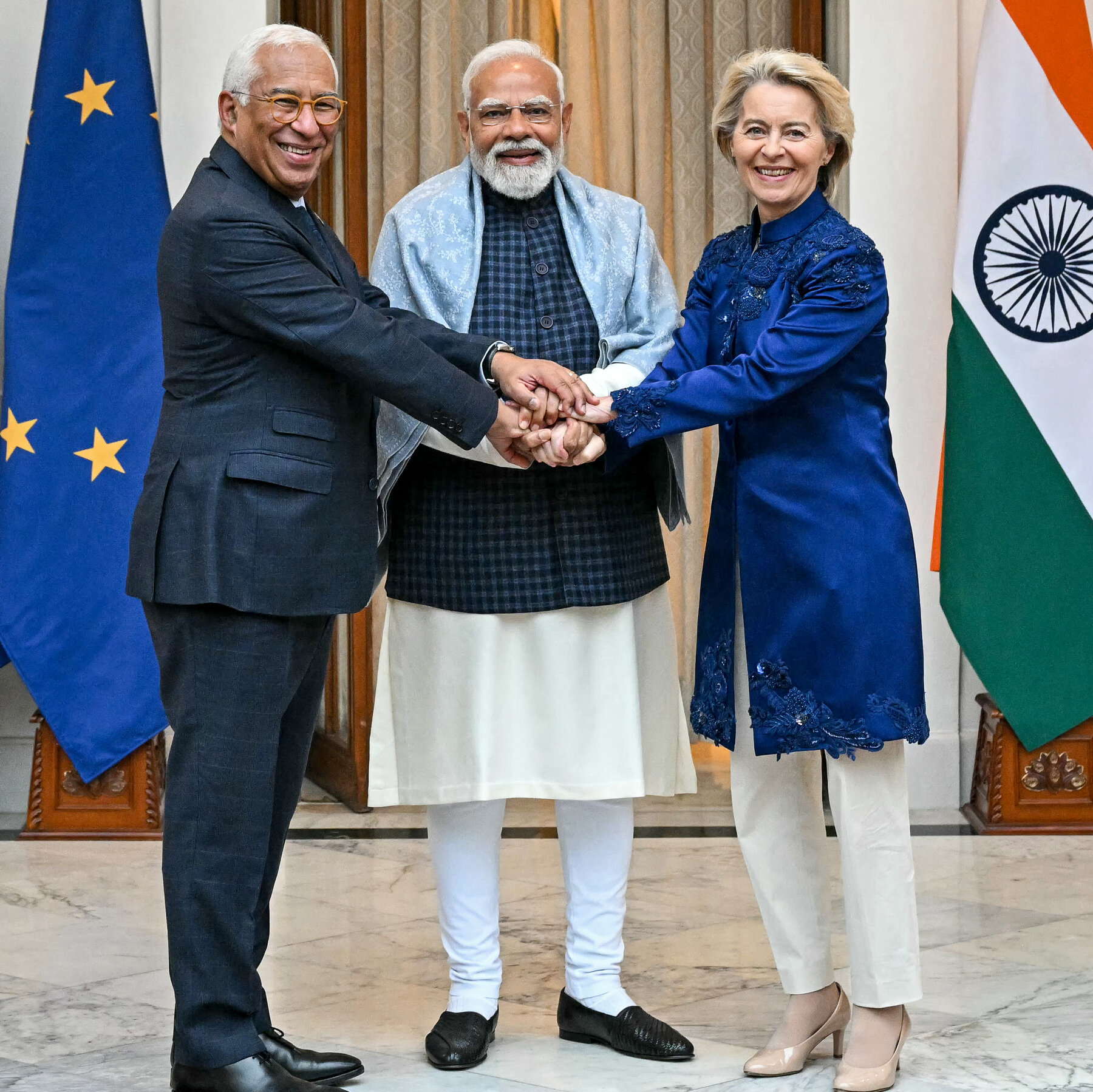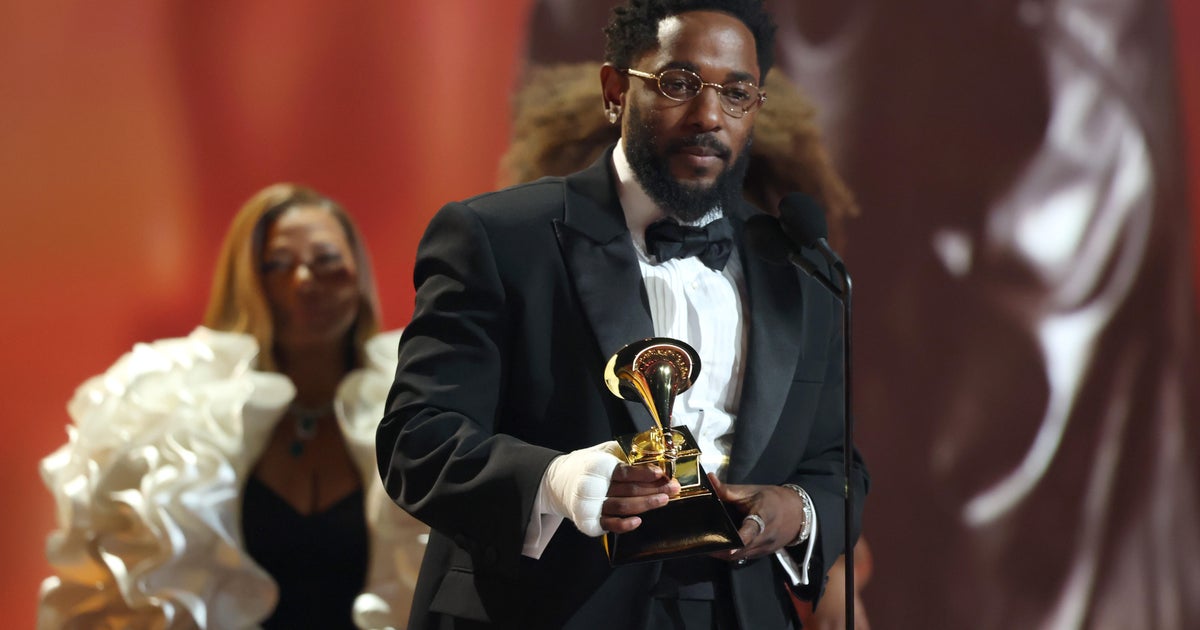
When Jennifer Dunn, 54, landed an interview last month through a recruiting firm for a vice president of marketing job, she looked forward to talking to someone about the role and learning more about the potential employer.
Instead, a virtual artificial intelligence recruiter named Alex sent her a text message to schedule the interview. And when Ms. Dunn got on the phone at the appointed time for the meeting, Alex was waiting to talk to her.
“Are you a human?” Ms. Dunn asked.
“No, I’m not a human,” Alex replied. “But I’m here to make the interview process smoother.”
For the next 20 minutes, Ms. Dunn, a marketing professional in San Antonio, answered Alex’s questions about her qualifications — though Alex could not answer most of her questions about the job. Even though Alex had a friendly tone, the conversation “felt hollow,” Ms. Dunn said. In the end, she hung up before finishing the interview.
You might have thought artificial intelligence was coming for your job. First it’s coming for your job interviewer.
Job seekers across the country are starting to encounter faceless voices and avatars backed by A.I. in their interviews. These autonomous interviewers are part of a wave of artificial intelligence known as “agentic A.I.,” where A.I. agents are directed to act on their own to generate real-time conversations and build on responses.
Some aspects of job searches — such as screening résumés and scheduling meetings — have become increasingly automated over time, but the interview had long seemed to be the part of the process that most needed a human touch. Now A.I. is encroaching upon even that domain, making the often frustrating and ego-busting task of finding a job even more impersonal.
Talking to A.I. interviewers has “felt very dehumanizing,” said Charles Whitley, 22, a recent computer science and mathematics graduate from Santa Clara University who has had two such conversations in the past seven months.
In one interview, for a software engineering job, he said, the A.I. voice tried to seem more human by adding “ums” and “uhs.” It came across as “some horror-movie-type stuff,” Mr. Whitley said.
Autonomous A.I. interviewers started taking off last year, according to job hunters, tech companies and recruiters. The trend has partly been driven by tech start-ups like Ribbon AI, Talently and Apriora, which have developed robot interviewers to help employers talk to more candidates and reduce the load on human recruiters — especially as A.I. tools have enabled job seekers to generate résumés and cover letters and apply to tons of openings with a few clicks.
A.I. can personalize a job candidate’s interview, said Arsham Ghahramani, the chief executive and a co-founder of Ribbon AI. His company’s A.I. interviewer, which has a customizable voice and appears on a video call as moving audio waves, asks questions specific to the role to be filled, and builds on information provided by the job seeker, he said.
“It’s really paradoxical, but in a lot of ways, this is a much more humanizing experience because we’re asking questions that are really tailored to you,” Mr. Ghahramani said.

Propel Impact, a nonprofit in Vancouver, British Columbia, that teaches young people about financial investing, began using Ribbon AI’s interviewer in January. That allowed the organization to screen 500 applicants for a fellowship program it offers, far more than the 150 applicants who were interviewed by people last year, said Cheralyn Chok, Propel Impact’s executive director.
“There’s no way we would have been able to successfully recruit and set up offers to 300 people to join our program,” she said.
Ms. Chok said the A.I. interviews also saved applicants the hassle of doing multiple interviews with outside financial firms to determine their fellowship placements. Instead, Propel Impact sent the recorded A.I. interviews to those companies. And there was still a human element, she said, since the organization told applicants that they could ask her team questions at any point.
Humans cannot ultimately be taken out of the hiring process, said Sam DeMase, a career expert at ZipRecruiter, an online job board. People still need to make the hiring decisions, she said, because A.I. may contain bias and cannot be trusted to fully evaluate a candidate’s experience, skills and fit for a job.
At the same time, more people should expect A.I.-run interviews, Ms. DeMase said. “Organizations are trying to become more efficient and trying to scale faster, and as a result, they’re looking to A.I.,” she said.
That’s bad news for people like Emily Robertson-Yeingst, 57, of Centennial, Colo. In April, she was interviewed by an A.I. named Eve for a role as vice president of product marketing at a software company. Ms. Robertson-Yeingst was required to keep her camera on during the call, with Eve showing up as a little gray box in a corner of the screen.
Eve asked Ms. Robertson-Yeingst to talk about herself, and then later asked her to “tell me about a time you had to build a team from scratch,” among more than half a dozen questions.
After almost an hour, Ms. Robertson-Yeingst asked Eve about next steps in the hiring process. Eve was unable to answer, she said.
In the end, Ms. Robertson-Yeingst never heard back — from a human or an A.I. — about the job, which she later saw posted again on LinkedIn. The entire experience left her feeling “used,” she said.
“It starts to make you wonder, was I just some sort of experiment?” she said. “Were you just using me to train the A.I. agent? Or is there even a job?”
Others said they liked talking to A.I. interviewers. James Gu, 21, a college student majoring in business in Calgary, Alberta, spoke to a robot interviewer for a summer analyst position through Propel Impact in February. Being drilled with questions by someone stresses him out, he said, so part of him was relieved not to speak with a person.
During the interview, the A.I. asked Mr. Gu to “tell me more” about his experience running an entrepreneurship club on campus. He said he had felt freer to “yap” to the A.I.
“It felt like it was interested in learning about me,” said Mr. Gu, who landed the job.
Ms. Dunn, the marketing professional in San Antonio, has had about nine job interviews over the last two months, she said. Only one was with an A.I. like Alex, she said, for which she was “grateful.” Given the choice, she never wants to interview with A.I. again.
“It isn’t something that feels real to me,” she said.









-3.png)



